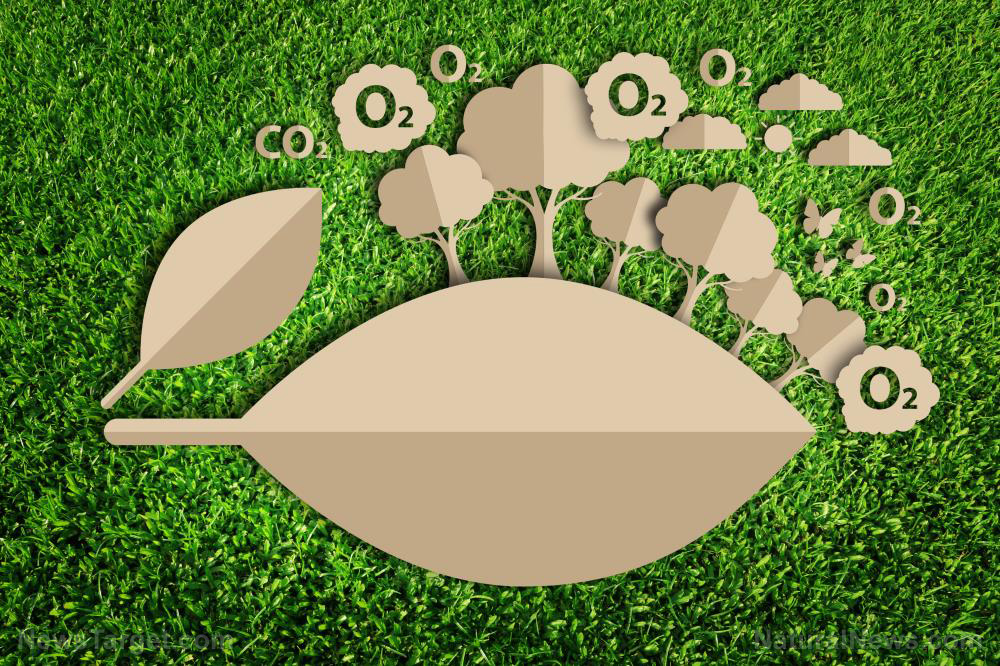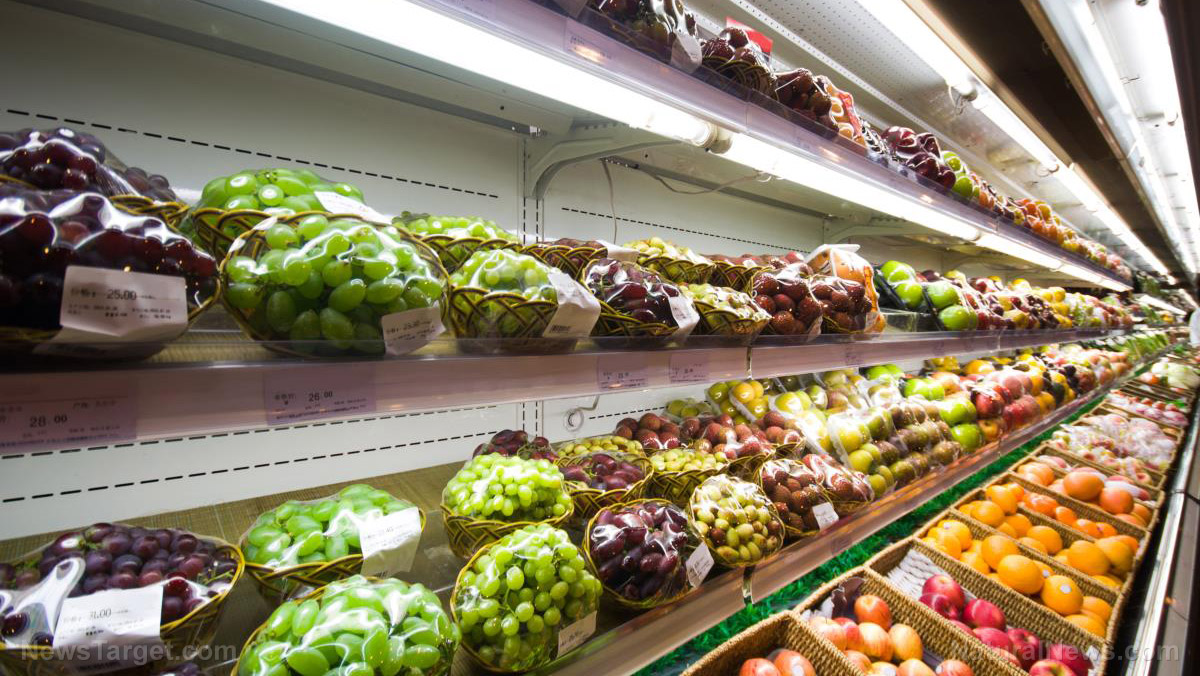Dutch city bans meat advertising, claiming animal foods cause climate change
09/22/2022 / By Ethan Huff

Haarlem, a Dutch city located not far from Amsterdam towards the North Sea, is implementing new restrictions against meat advertising, claiming that animal foods contribute to global warming and climate change.
The first city in the world to do such a thing, Haarlem has decided that residents should never be allowed to see billboards promoting hamburger, for instance, because then they will eat more of these things and harm the environment.
Set to go into effect in 2024, Haarlem’s meat advertising ban was concocted by GroenLinks, a “green” political party in The Netherlands. Councilor Ziggy Klazes is credited with putting it together, and here is what he told the Dutch newspaper Trouw about it:
“Meat is very harmful to the environment. We cannot tell people that there is a climate crisis and encourage them to buy products that are part of it.”
One wonders who the “we” is, in this context. Last we checked, private companies that pay to advertise their own meat-based foods in public have nothing to do with any type of “we,” meaning the government, encouraging people to eat meat.
Klazes makes it sound as though the freedom to advertise meat in public somehow constitutes an official government endorsement of meat. This same false and deceptive framing is often used by prohibitionists, by the way, to justify restricting people’s freedoms with “controlled substances.”
Amsterdam, The Hague ban aviation and fossil fuel ads because of climate change
We are told that advertisements for “sustainably produced” meat could still be allowed in Haarlem after 2024, though the city government there has yet to make a decision about the matter.

Citing the United Nations, Groenlinks says meat is generating more than 14 percent of all manmade “greenhouse gases” in the world, including methane, aka cow flatulence.
Not everyone in Haarlem is happy about the decision, perhaps most notably the meat industry. A spokesman from the Central Organization for the Meat Sector, which represents the meat industry, said this:
“The authorities are going too far in telling people what’s best for them.”
The Belang van Nederland (Interest of the Netherlands) (BVNL) party added that the ban represents an “unacceptable violation of entrepreneurial freedom,” adding that it “would be fatal for pig farmers.”
“Banning commercials from politically born motives is almost dictatorial,” chimed in Haarlem BVNL councilor Joey Rademaker about the matter.
Herman Bröring, a law professor at the University of Groningen, also said that prohibition of meat advertising could be a transgression of freedom of expression, and that many lawsuits are likely to be filed against the city of Haarlem for allowing this.
The latest data shows that 95 percent of the Dutch population eats meat, showing how out of touch GroenLinks and the various politicians and political parties are that support its agenda.
It should be noted that this is not the first time that The Netherlands has banned advertising for climate purposes. Both Amsterdam and The Hague have reportedly banned ads for aviation and the fossil fuel sectors, which supposedly, like meat, are warming the planet and scare the climate alarmists.
Be aware that Europe is often a testing ground for tyranny that later gets exported to the United States. If such lunacy in Haarlem, Amsterdam, and The Hague goes unchallenged, you can be sure it will eventually spread abroad, including to America.
“Americans should be watching events taking place in the Old Continent with great interest,” writes Jose Nino for Big League Politics. “Europe is a testing ground for ‘war on meat’ and the broader Great Reset agenda.”
“Such experiences will give us an idea what to expect from the globalist ruling class once they start hatching ideas in the U.S.”
The latest news about the green insanity sweeping the world can be found at GreenTyranny.news.
Sources for this article include:
Submit a correction >>
Tagged Under:
advertising, ban, Climate, climate change, corruption, deception, dutch, Global Elite, global warming, Globalism, great reset, green tyranny, Haarlem, insanity, left cult, meat, Netherlands
This article may contain statements that reflect the opinion of the author




















